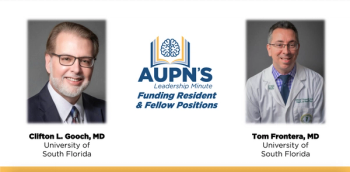
Episode 40 of the AUPN Leadership Minute features Clifton L. Gooch, MD, of the University of South Florida; and Tom Frontera, MD, of the University of South Florida. [WATCH TIME: 9 minutes]

Episode 40 of the AUPN Leadership Minute features Clifton L. Gooch, MD, of the University of South Florida; and Tom Frontera, MD, of the University of South Florida. [WATCH TIME: 9 minutes]

Pitolisant demonstrated a dose-dependent improvement in excessive daytime sleepiness and fatigue, with a safety profile that was consistent with previous studies. Additional data to be shared in early 2024.
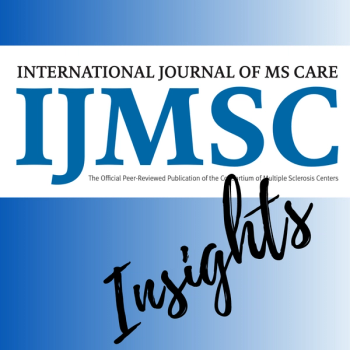
A new feature on NeurologyLive®, IJMSC Insights offers a closer look at the latest research and the people behind it from the community of the International Journal of Multiple Sclerosis Care (IJMSC) and the Consortium of Multiple Sclerosis Centers (CMSC).

Here's some of what is coming soon to NeurologyLive® this week.
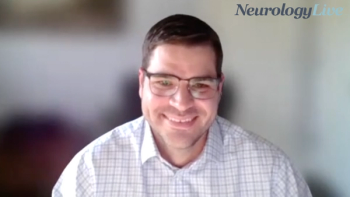
The health economics outcomes research specialist at UCB talked about a retrospective analysis assessing the persistence of fenfluramine (Fintepla) in Dravet syndrome over 12 months, compared with valproate and levetiracetam. [WATCH TIME: 4 minutes]

Test your neurology knowledge with NeurologyLive®'s weekly quiz series, featuring questions on a variety of clinical and historical neurology topics. This week's topic is ataxia.
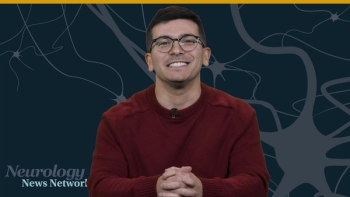
Neurology News Network for the week ending December 9, 2023. [WATCH TIME: 3 minutes]
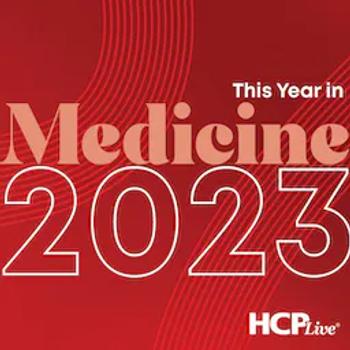
While specialists still debate the diagnostics of impaired cognition, the identification of patients at the earliest stages is beginning to be met through new biomarkers and available assays.

Take 5 minutes to catch up on NeurologyLive®'s highlights from the week ending December 8, 2023.
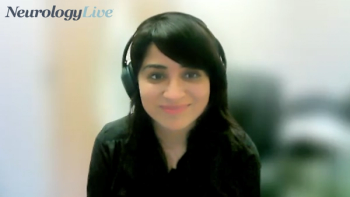
The assistant professor of neurology at the University of Virginia talked about findings from a comprehensive study on epilepsy and mild cognitive impairment, which was recently presented at AES 2023. [WATCH TIME: 5 minutes]

Catch up on any of the neurology news headlines you may have missed over the course of November 2023, compiled all into one place by the NeurologyLive® team.
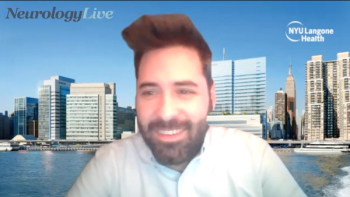
The research scientist at NYU Langone Health talked about findings from preclinical data investigating epileptiform activity in mouse models of Alzheimer disease, which were presented at AES 2023. [WATCH TIME: 4 minutes]

Using outcomes such as the CDR-SB, ADAS-Cog12, MMSE, and ADCOMS, patients treated with NE3017 for 6 months demonstrated equal, if not greater, improvements than traditional antiamyloid therapies at 18 months.
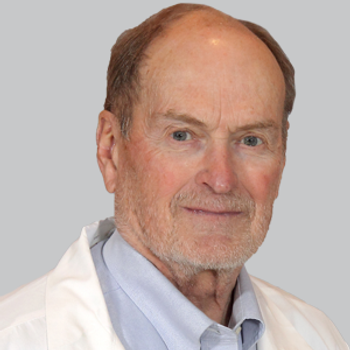
Over a 32-week treatment period, patients on trofinetide continued to show improvements on the primary efficacy outcomes of Rett Syndrome Behavior Questionnaire and Clinical Global Impression-Improvement total scores.

The findings further supported the idea that prevention and assessment of cardiovascular risk in patients with narcolepsy is critical to ongoing care.
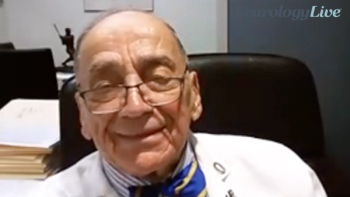
The director of the Ann Kimball and John W. Johnson Center for Cellular Therapeutics at Houston Methodist Hospital talked about the phase 2 study assessing low-dose COYA 301 in mild-to-moderate Alzheimer disease and the focus on inflammation in this patient population. [WATCH TIME: 5 minutes]
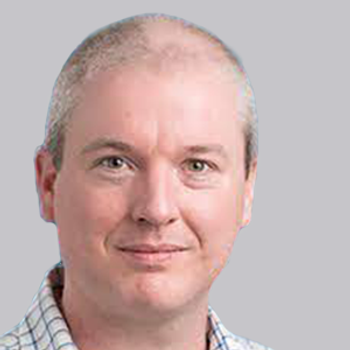
A recent study showed the efficacy of multicompartment diffusion measures in distinguishing patients with Friedreich ataxia from controls, emphasizing the potential for these metrics in tracking disease expression and progression.
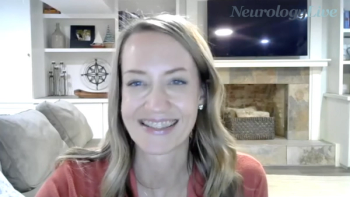
The system vice chair for the department of neurology at Allegheny Health Network talked about the latest preventive and acute treatment options for patients with migraine as well as the progress of research in recent months. [WATCH TIME: 3 minutes]
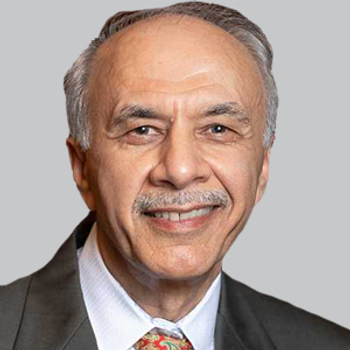
Treated patients with hereditary ATTR-mediated amyloid polyneuropathy in the NEURO-TTRansform trial showed significantly lowered serum transthyretin concentrations, less neuropathy impairments, and better quality of life.
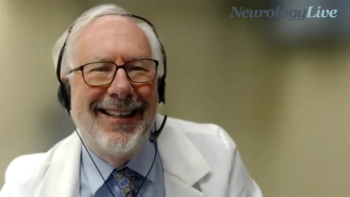
The professor of neurology at Johns Hopkins University School of Medicine talked about the need for education to optimize treatment selection and the continually changing landscape of care for patients with epilepsy. [WATCH TIME: 5 minutes]

Results showed that evobrutinib did not produce a more superior reduction in annualized relapse rates than teriflunomide, a previously approved disease-modifying agent.

Although not powered for statistical significance, results showed improvements in ALS Functional Rating Scale and slow vital capacity after treatment with PrimeC.
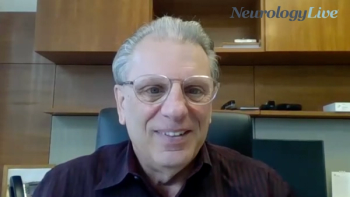
The vice president of medical affairs at SK Life Science talked about findings from a new post-hoc analysis which highlighted the importance of strategically reducing concomitant medications to minimize adverse events of epilepsy treatment. [WATCH TIME: 5 minutes]

The vice president of the Rare Disease Translational Center at the Jackson Laboratory provided context on a recently published study suggesting restoration of stathmin-2 as a therapeutic approach for ALS.
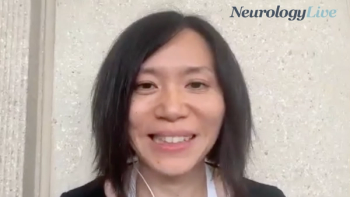
The clinical assistant professor of neurology at Stanford University talked about findings from a study on genetic testing in adults with epilepsy and the importance of access to genetic testing for this patient population. [WATCH TIME: 7 minutes]

Although a small-scale study, most infants had a positive response to ketogenic diet, with even greater effects seen in those with Ohtahara syndrome.

The clinical hold is in reference to safety concern observed in the phase 3 FENhance studies of patients with relapsing forms of multiple sclerosis.

With the approval, the appliances represent an alternative treatment to CPAP or surgical neurostimulation implants for patients with severe OSA.
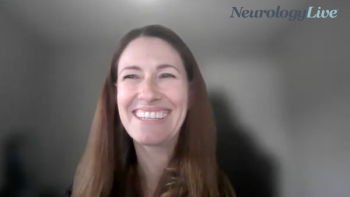
The division director of epilepsy and associate professor of neurology at The Ohio State University Wexner Medical Center talked about the impact of ongoing seizures in patients with drug-resistant epilepsy and the importance of education for emerging opportunities in epilepsy care. [WATCH TIME: 3 minutes]

Clobazam and valproate, when used concomitantly, produced a greater treatment effect with ganaxolone than other antseizure medications levetiracetam and vigabatrin.